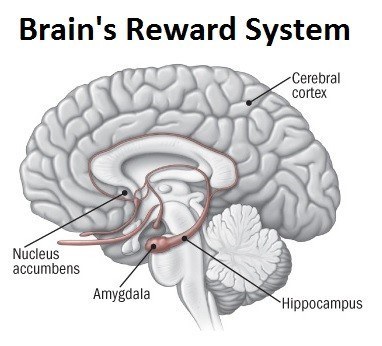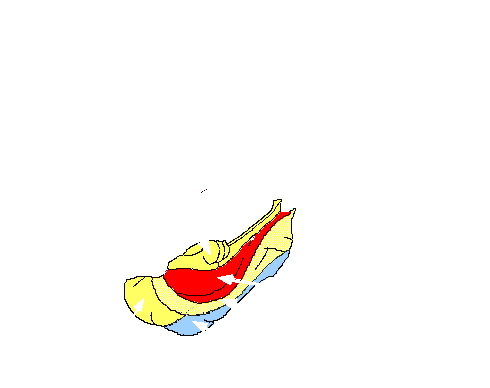Search for...
#research Bookmarks
Published Bookmarks
 Litmos Heroes Research Discovers UK Businesses Don't Understand GDPR - eLearning Industry
Litmos Heroes Research Discovers UK Businesses Don't Understand GDPR - eLearning Industry
Learning provider Litmos Heroes also uncovers that over 30% of UK businesses have done nothing to meet the new EU regulations, which come into force in May 2018.
 The Gamification of Addiction Management, Continued
The Gamification of Addiction Management, Continued
In this continuation from last week's blog post, Dr. David Chandross reveals recent data from studies into the gamification of addiction medicine.
 The Gamification of Addiction Management
The Gamification of Addiction Management
In this blog post, Dr. David Chandross reveals some new data from recent studies into using gamification and game-based learning in addiction medicine.
 Gamification and Neuroscience: Part Three
Gamification and Neuroscience: Part Three
In this review we have attempted to organize the voluminous data on how gamification affects neurochemistry and its outcomes in behavioural studies. It is clear that simple, engagement-based game systems do little, if anything to influence the outcome of training. Games which utilize variables we have discussed in this review are anticipated to show a higher rate of return on training and to further create a more cohesive and caring work environment.
 Gamification and Neuroscience: Part Two
Gamification and Neuroscience: Part Two
In this edition we are going to introduce you to the research on video games and neuroscience to lay the ground for more substantive analysis of gamification. Given that game-based learning is a blend of game design and instructional design, it is only rational that we familiarize ourselves with both of these fields. We had some good conversations emerge from our last blog entry on DNP suppression, VS stimulation and dopaminergic drip models so we want to get you thinking about this more.
 Gamification and the Neuropsychology of Learning: Part One
Gamification and the Neuropsychology of Learning: Part One
The key areas that gamification affects in the brain are the default mode processing nodes, the ventral striatum and the dopaminergic pathways. The default node processing (DNP) studies are completed using fMRI, an imaging technique that shows the brain activity that occurs when we are not focused. Gamification progressively deactivates default processing by focusing attention. The more we game, and hence, the more uncertainty we have during learning, the more this deactivation takes place.
 Give It 70%: Rethinking Modern Learning with Docebo » eLearning Brothers
Give It 70%: Rethinking Modern Learning with Docebo » eLearning Brothers
For centuries, educators have put lectures and reading on a pedestal as the most effective forms of learning. Are we taking the right approach?
 L&D lessons from learning games research
L&D lessons from learning games research
We break down some of the most popular learning games research to find the common themes and extract practical tips for L&D professionals.
 Overview of the Global eLearning Market by Area » eLearning Brothers
Overview of the Global eLearning Market by Area » eLearning Brothers
Our friends over at Docebo put out an E-Learning Market Trends & Forecast 2014-2016 Report of purely awesome statistics, findings, and predictions about the worldwide eLearning market through the end of this year. Here are some of our favorite highlights.
 Choosing a New LMS For Your Growing Customer Training Program | SchoolKeep
Choosing a New LMS For Your Growing Customer Training Program | SchoolKeep
Choosing the right LMS shouldn’t be a task you dread, even if you had a difficult time with your first one. To break it down for you, here are some questions you should ask yourself when you’re considering the switch.
Submit Bookmark




